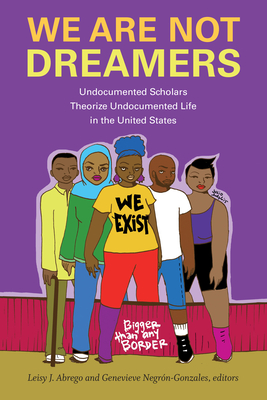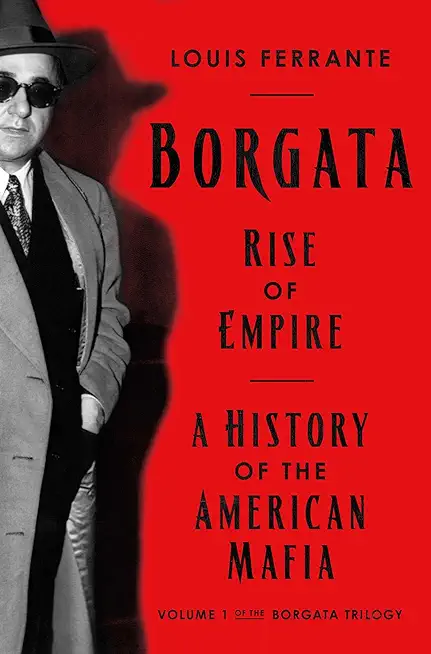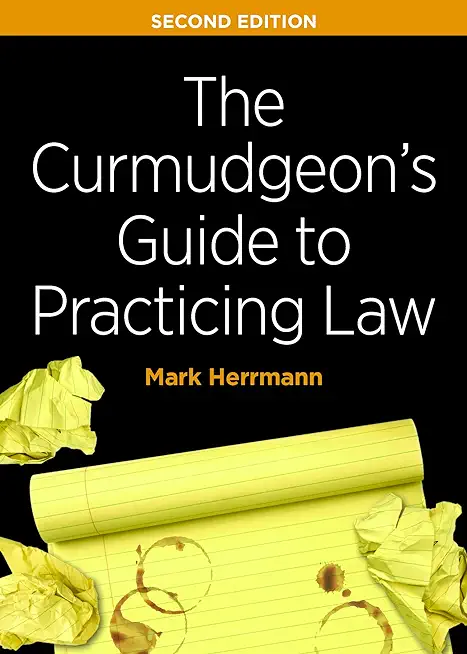
Abrego, Leisy J.
product information
description
tive" celebrates the educational and economic achievements of undocumented youth to justify a path to citizenship. While a well-intentioned, strategic tactic to garner political support of undocumented youth, it has promoted the idea that access to citizenship and rights should be granted only to a select group of "deserving" immigrants. The contributors to We Are Not Dreamers-themselves currently or formerly undocumented-poignantly counter the Dreamer narrative by grappling with the nuances of undocumented life in this country. Theorizing those excluded from the Dreamer category-academically struggling students, transgender activists, and queer undocumented parents-the contributors call for an expansive articulation of immigrant rights and justice that recognizes the full humanity of undocumented immigrants while granting full and unconditional rights. Illuminating how various institutions reproduce and benefit from exclusionary narratives, this volume articulates the dangers of the Dreamer narrative and envisions a different way forward. Contributors. Leisy J. Abrego, Gabrielle Cabrera, Gabriela Garcia Cruz, Lucía León, Katy Joseline Maldonado Dominguez, Grecia Mondragón, Gabriela Monico, Genevieve Negrón-Gonzales, Maria Liliana Ramirez, Joel Sati, Audrey Silvestre, Carolina Valdivia
member goods
No member items were found under this heading.
Return Policy
All sales are final
Shipping
No special shipping considerations available.
Shipping fees determined at checkout.







